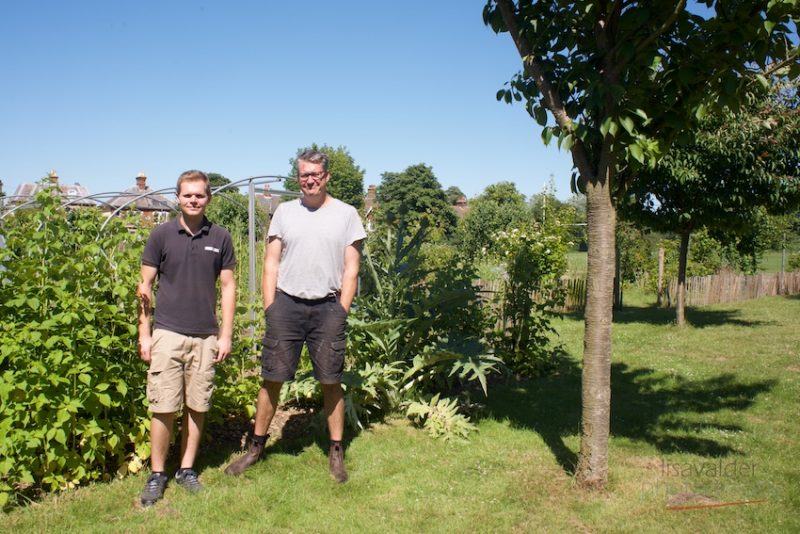
Edibleculture’s entrepreneurs, Chris Williams (left) and David Ware
How to describe this remarkable small enterprise? It’s not a garden centre in the conventional sense, although plants are its raison d’etre. Nor is it a utopian project doomed to fizzle out when the reality of financial survival bites. While Edibleculture is value led, sound business management similarly features among the raft of criteria that its commitment to sustainability embraces. These include food security, respect for the seasons and low energy usage as well as the cultivation of organic, chemical-free and locally grown food. Edibleculture’s roots run deep in the local community, where it is located and where it offers its services.
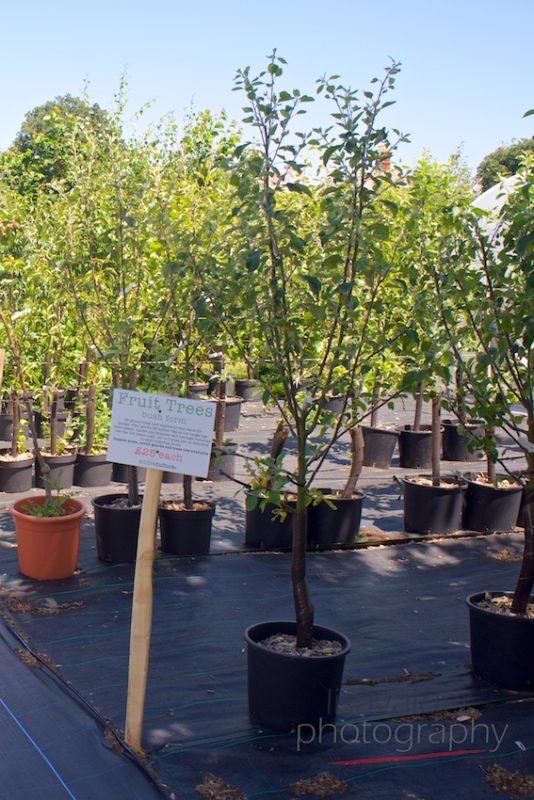
Fruit trees are a principal speciality
Created by the amalgamation of two kindred sole-trader businesses, Edibleculture was set up three years ago by Chris Williams and David Ware. David’s early career was in theatre design – animation, set building and costumes. Later, he taught graphic design at Kent Institute of Art and Design, now the University for the Creative Arts. Some ten years ago he went to work at Brogdale, home of the National Fruit Collection. It was at Brogdale that David’s interest in diversity and plant varieties started, and where he met his Edibleculture business partner, Chris Williams.
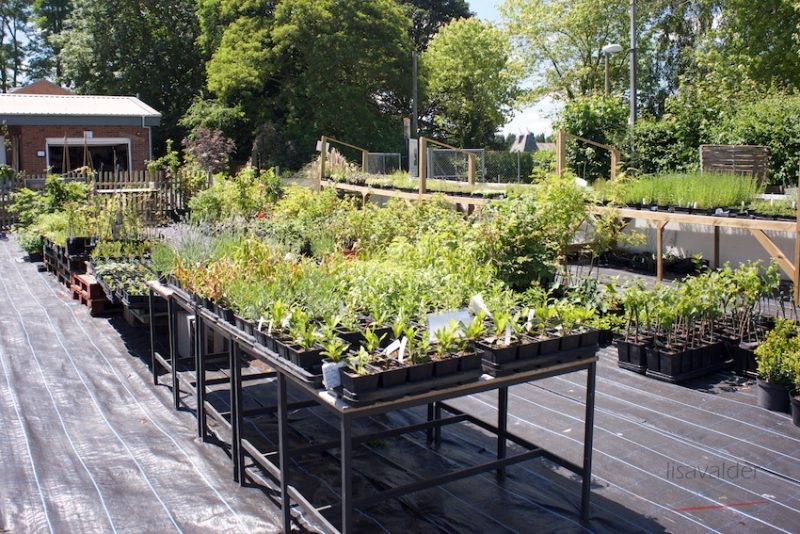
Well-managed and healthy stock
Edibleculture’s premises are in the horticulture unit that is part of the redundant vocational centre at The Abbey School in the London Road at Faversham. Chris was a pupil at the school. ‘I always liked being outdoors and did bits of gardening for neighbours and my parents. Doing something with plants was always top of my list of things I wanted to do.’ He also worked at Brogdale from the age of 15, and kept on a part-time job there while at university – ‘I could integrate what I was learning into the job.’ He studied at Hadlow College, where a course at the University of Greenwich led to a degree in Amenity Horticulture.
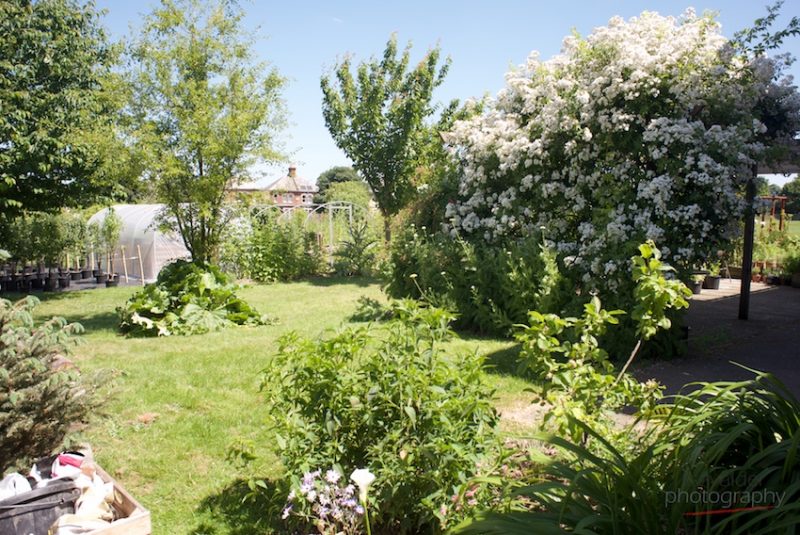
The orchard and outdoor growing and teaching space
Chris went on to work for Brogdale full time for the next five years, essentially in the nursery. ‘I was focused on larger-scale orders, expanding Brogdale’s services and working with people who wanted to set up orchards.’ Four years ago, seeking new opportunities, Chris left Brogdale to set up his own business. Fruiticulture was its name and its remit was fruit-tree pruning, the planting of orchards and pest control. ‘At the time,’ says Chris, ‘there were no individuals or companies locally doing fruit-tree work.’
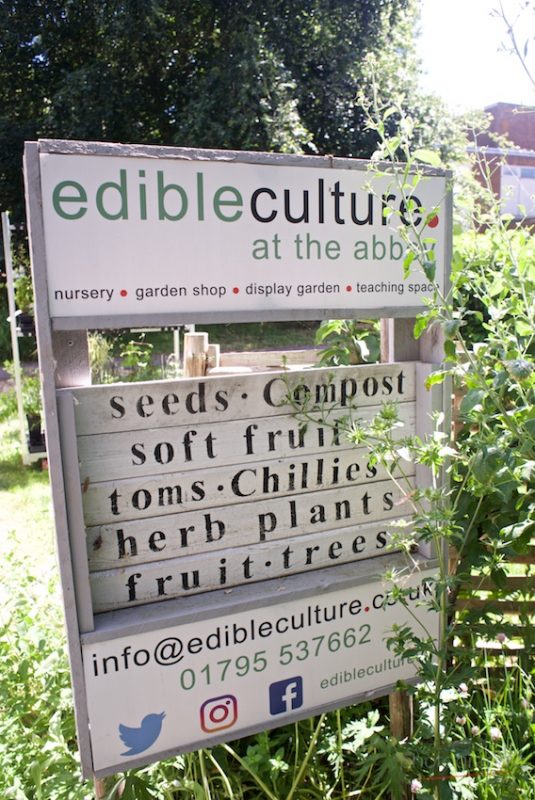
A signboard indicates the range of services and activities
While still at Brogdale, David had started growing herbs on scraps of uncultivated land, and found he really enjoyed it. A year after Chris, David left Brogdale to run his own herb business. He and Chris often helped each other out. ‘We could call on someone we trusted and knew, and that sparked the idea of combining our two small businesses,’ says David. Edibleculture’s first premises were in South Street near Boughton Golf Club. ‘It was a very basic space,’ says Chris, ‘rented from a fruit farmer – a polytunnel which blew away a couple of times, a shed, one power point and one table. At the time it was a great opportunity because it was affordable.’ Chris had a van and David had plant stock. ‘We pulled everything together from our two businesses,’ says Chris.
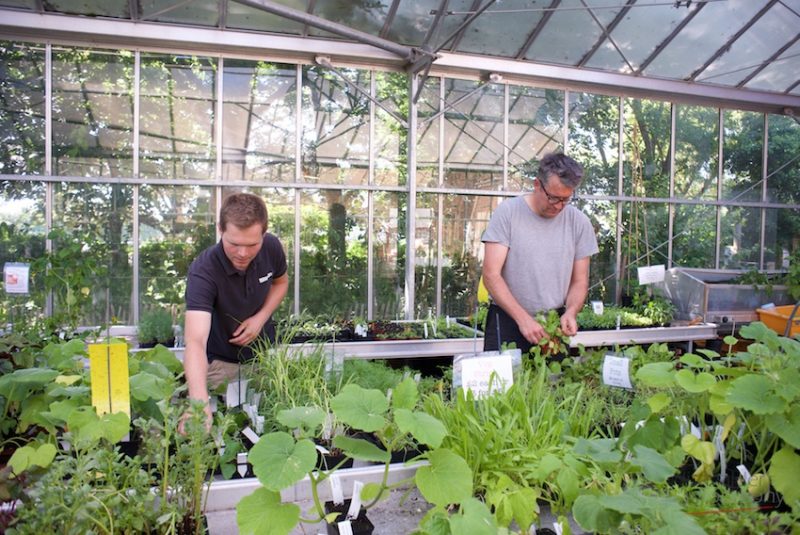
Tending young plants in one of the greenhouses
When The Abbey School stopped teaching horticulture, two large greenhouses and a good chunk of outdoor growing space became redundant. Chris and David worked up a proposal to put to the school to maintain this space and pay rent. They also suggested collaboration with the school, and now offer work experience and a project whereby the British Legion provides pre-cut wood from its lumber yard, Edibleculture supplies the screws, pupils make up planters and a quarter of the proceeds from sales are donated to the school. Other small businesses now occupy the first floor of the building, including an environmental consultancy, language school and fostering agency, and there are others in the kitchens.
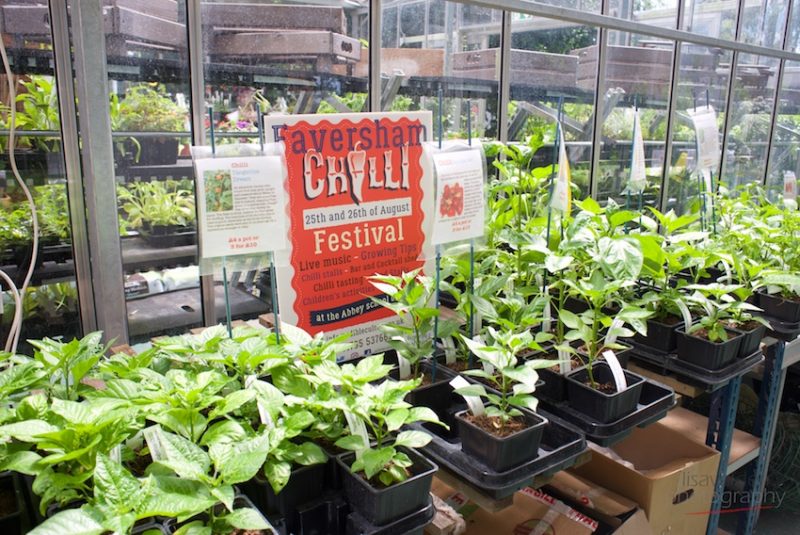
Chilli plants and a poster for the chilli festival
Edibleculture specialises in herbs, fruit and interesting vegetables, including 30 varieties of heritage tomatoes (sold out for this season) and 30 different chillis. David and Chris are keen to encourage customers to try out unfamiliar plants such as purslane, a delicious, fleshy salad leaf much loved by Italians, and tomatillos, the tart, little green fruit used in Mexican salsas. They also grow a few ornamentals, with a focus on the herbaceous perennials that complement the edibles and are good for bees.
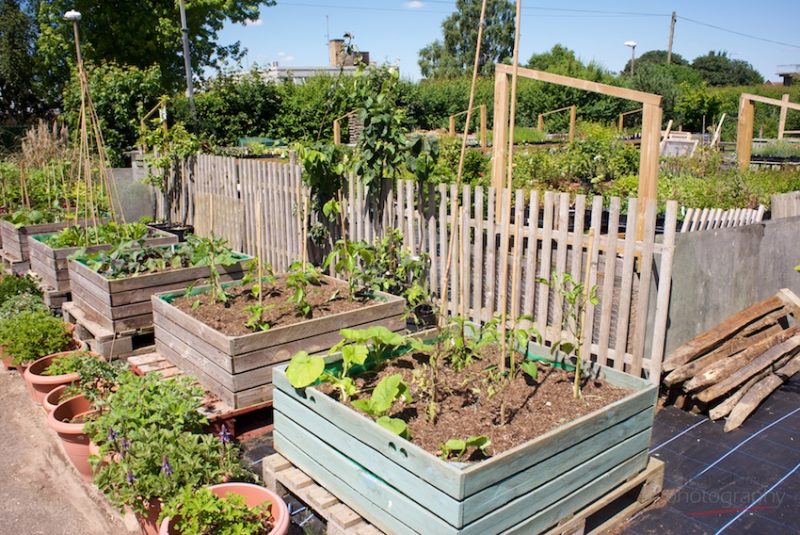
Planters work well in small gardens
The biggest service is the pruning of fruit trees and orchard planting. Another service is offered for people moving into new houses. Edibleculture can provide a basic garden plan, and if required can supply and plant as well. The sustainability ethos means they only use hand tools such as secateurs and saws for pruning, and a battery-powered lawnmower, which is quieter and less polluting. ‘We don’t use pesticides,’ says David, ‘and we can show customers that plants can be grown without blasting them with chemicals.’ ‘A particular bugbear,’ he says, ‘is plants that are imported and which introduce pests and diseases.’
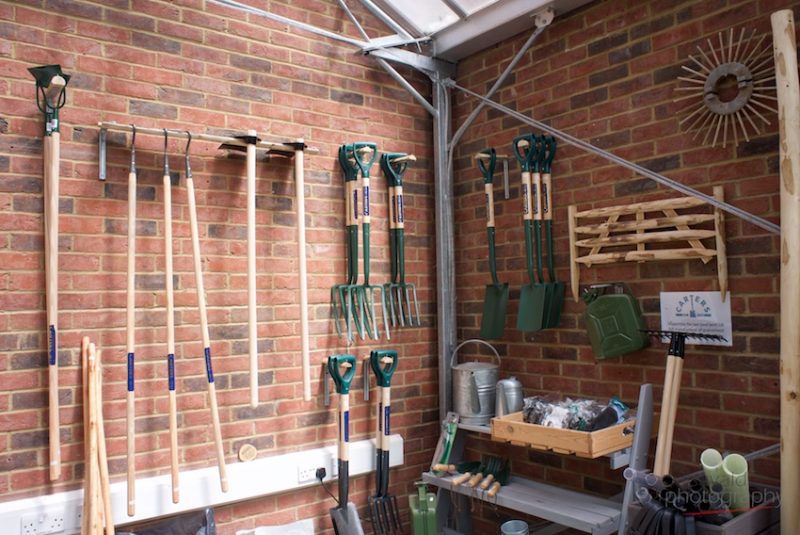
UK-made tools by Richard Carter Ltd
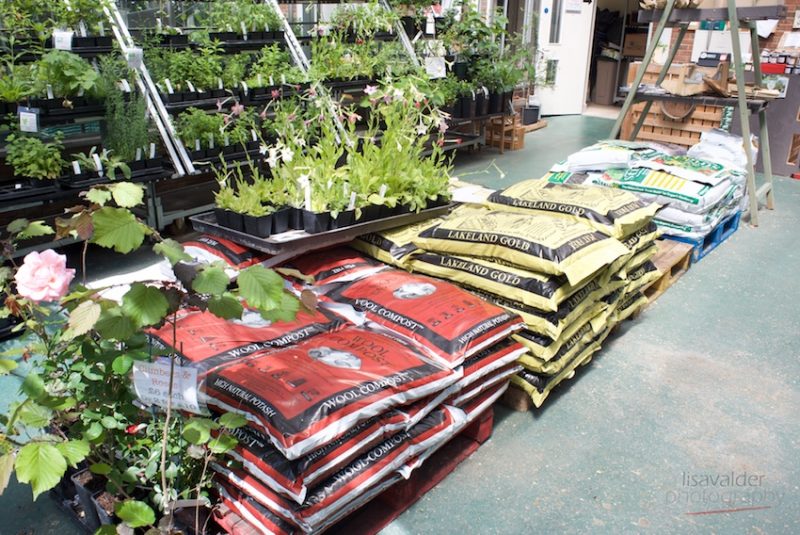
Peat-free growing media
‘Our customers are buying into what we are trying to do,’ says Chris. ‘Faversham is great for that. People are very conscious about where they spend their money and what they’re purchasing.’ This means choosing peat-free composts from Melcourt, wool composts from Dalefoot Composts and Strulch, the mineralised straw mulch with slug and snail deterrent. The shop also sells seeds, robust garden tools from Richard Carter Ltd, the last manufacturer whose tools are fully made in the UK, trugs made from recycled tyres – some ready-planted with herbs, themed, for example, for a Thai curry mix – natural pest control products and tree stakes, posts and hurdles made in Challock from coppiced chestnut by The Woodman & His Wife.
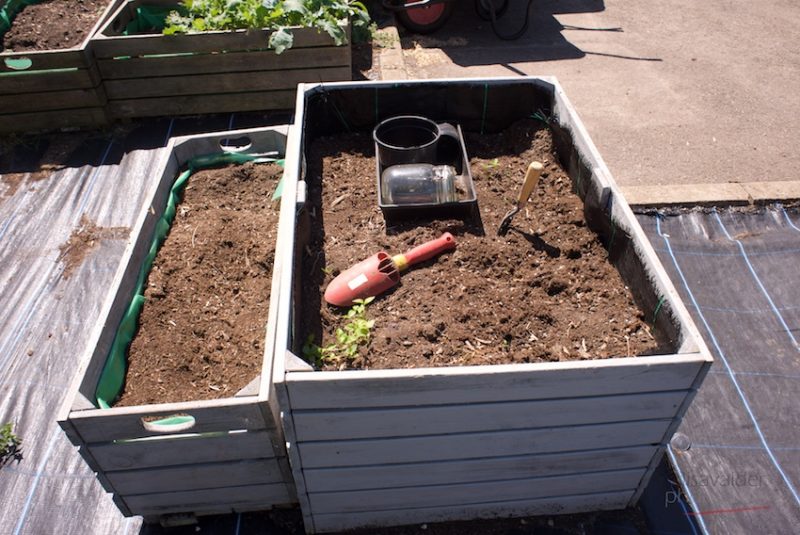
Planters made by Abbey School pupils
David and Chris both live in Faversham and walk to work. ‘It’s environmentally ridiculous to drive,’ says Dave. Delivery is available for the many customers who walk or cycle, can’t carry heavy items or don’t drive. As a business serving its local community, Edibleculture has the resources, in terms of teaching space and skills, to offer training for individuals and groups including allotment societies, on topics such as propagation and fruit tree pruning. Other events celebrate the seasons and locally grown food – pop-up food evenings, for example, on 20 and 21 July, featuring sausages, meatballs and vegan options supplied by Bangers and Balls; details and booking at (http://www.bangersandballs.co). The Faversham Chilli Festival, also on site, will be on 25 and 26 August. Live music, chilli stalls, chilli tasting and food stalls, a bar and cocktail shed, with beer brewed by Boutilliers at the Hop Shed located at Macknade Fine Foods, plant offers and children’s activities will all feature. Entry is by donations, which will go to support local charities, including Pilgrims Hospices.
Edibleculture’s summer opening times are 9am to 5pm, Wednesday to Sunday.
Edibleculture
The Horticultural Unit
The Abbey School
London Road
Faversham
ME13 8RZ
Tel 01795 537662
Text: Sarah. Photography: Lisa